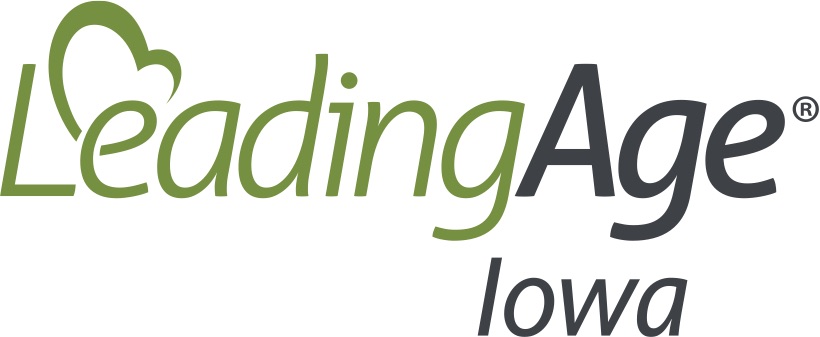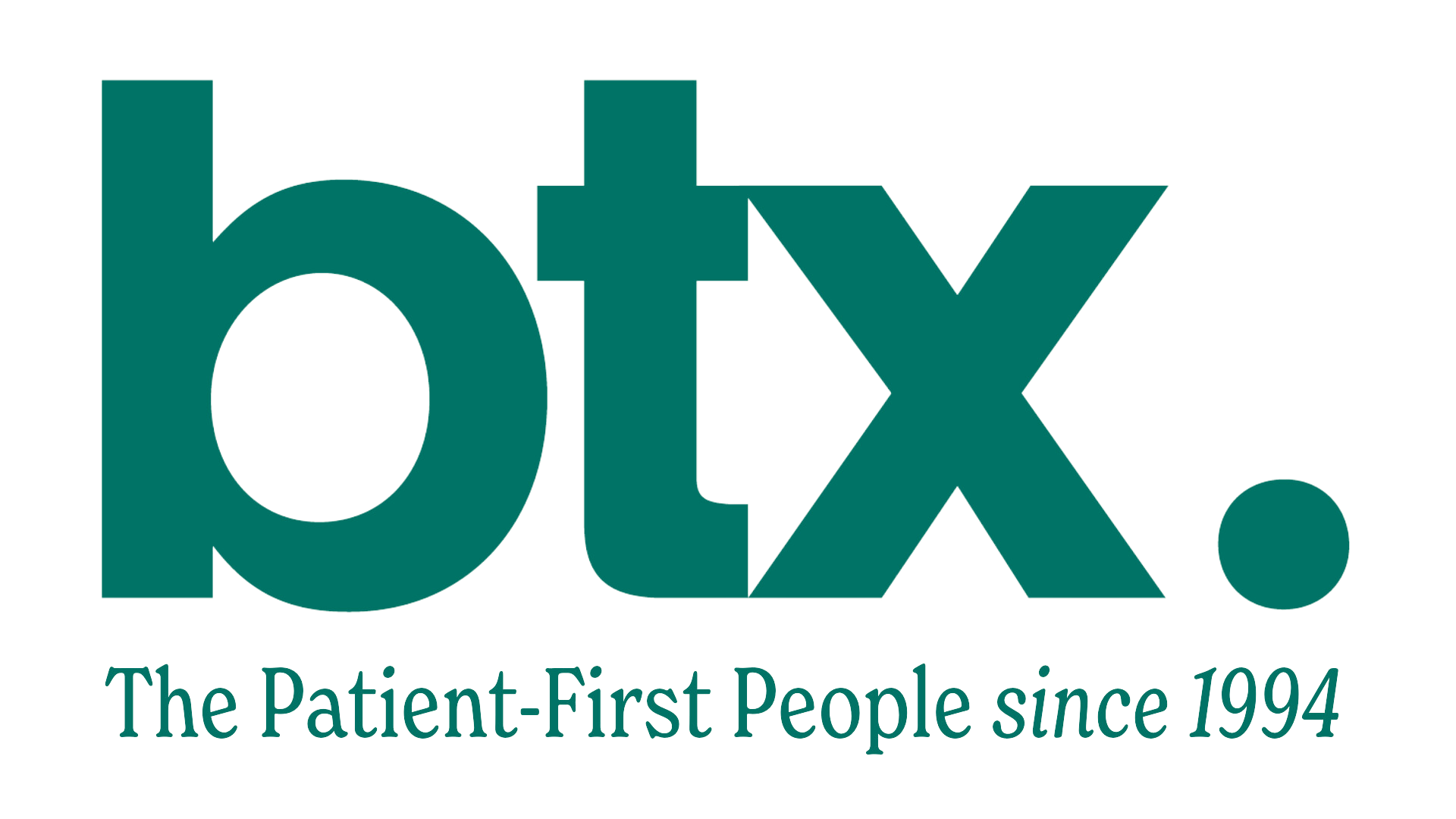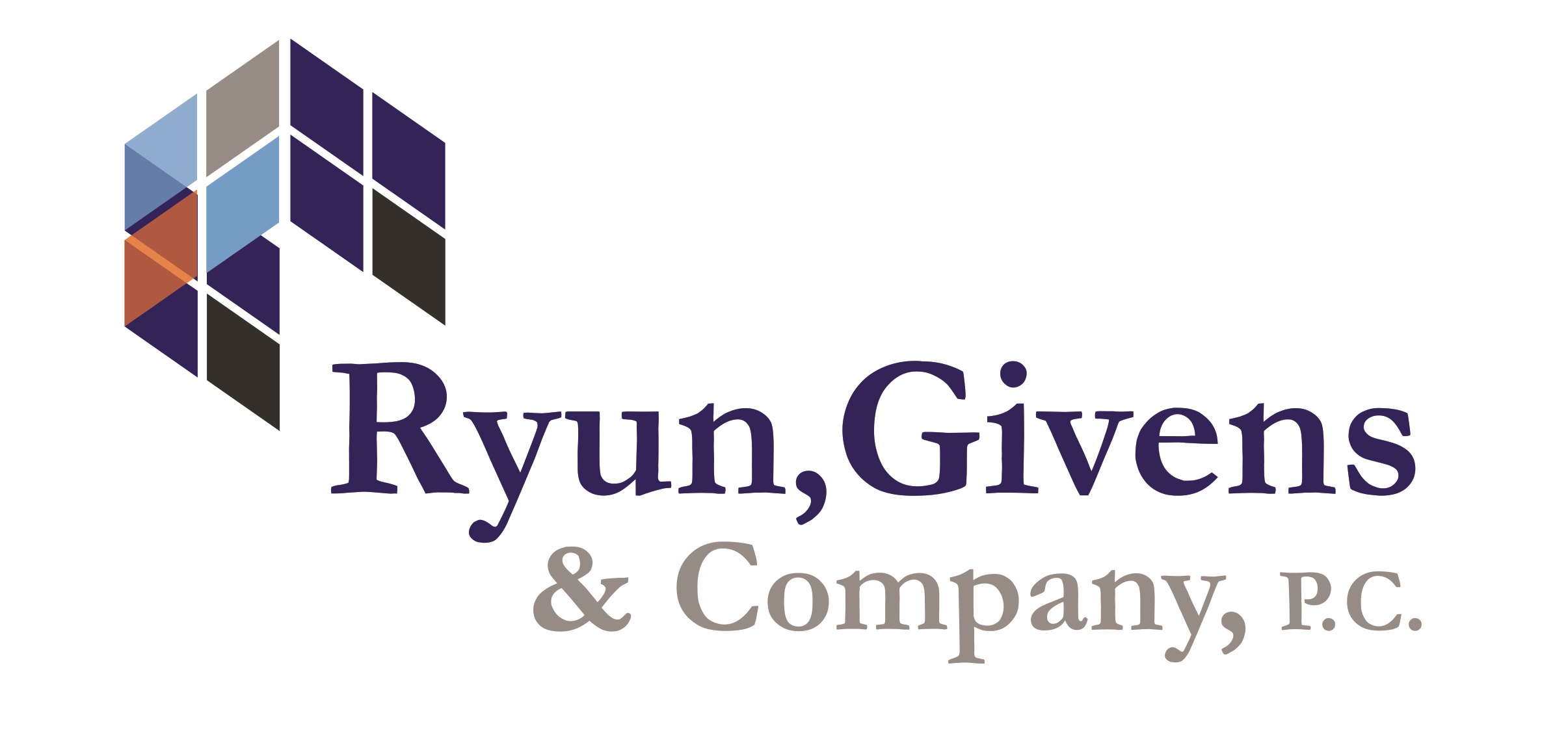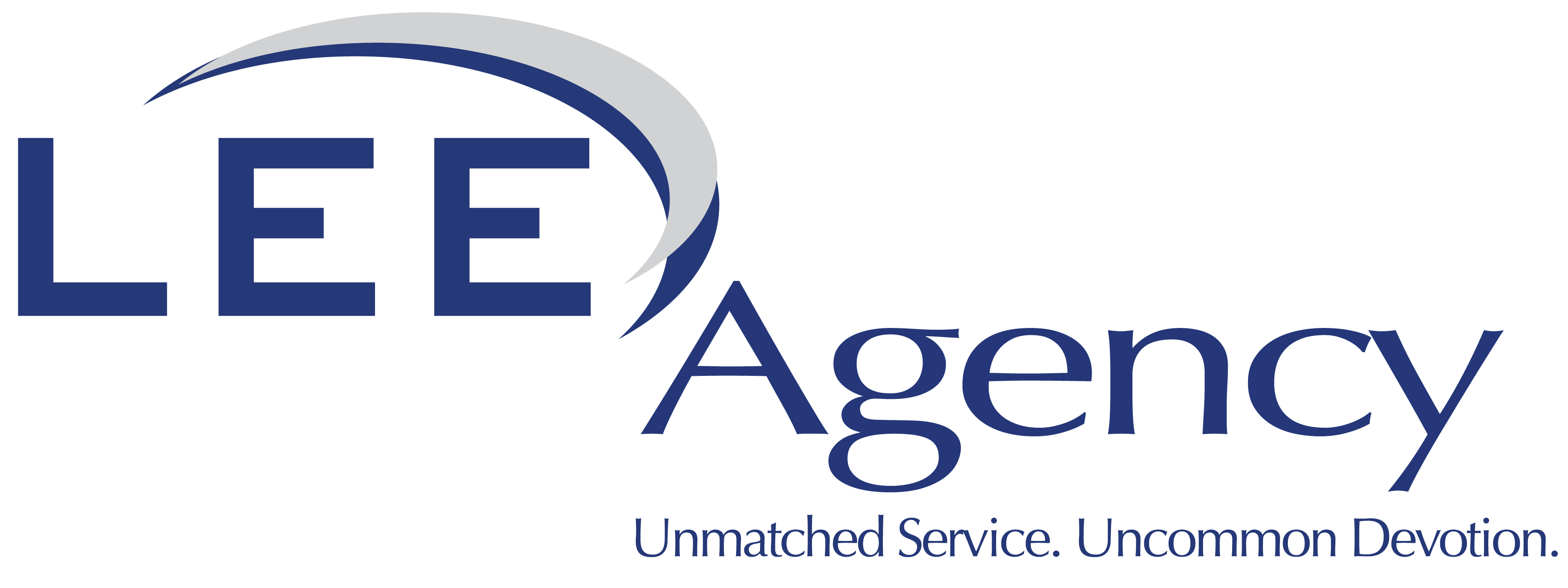Iowa Passes New Law Related to COVID-19 Vaccine RequirementsDuring the special session on Oct. 28, the Iowa General Assembly passed HF 902, with a bi-partisan vote of 68-27 in the House and 45-4 in the Senate. Governor Reynolds signed the legislation, which is immediately effective but not retroactive, on Oct. 29. The bill has 2 components: waivers for employees seeking exemption from employer requirements for the COVID-19 vaccine and unemployment compensation for employees refusing the vaccine. The legislation requires any employer to waive a vaccine requirement if the employee/applicant requests a waiver with a statement that “receiving the vaccine would be injurious to the health and well-being of the employee or an individual residing with the employee” or that “receiving the vaccine would conflict with the tenets and practices of a religion of which the employee is an adherent or member.” While the religious exemption established by this new Iowa law is consistent with the EEOC guidance, the health and well-being exemption is much broader than the ADA and does not offer defenses to employers as the ADA does. With the immediate effective date, Iowa employers should adjust their vaccine mandate policies to reflect the new exemption language under Iowa law. The law is not retroactive so does not change past decisions, but past employees who left due to vaccine requirements could re-apply for employment and file a statement for exemption under the Iowa law. The legislation also amends Iowa’s unemployment laws to provide unemployment benefits to “an individual who is discharged from employment for refusing to receive a vaccination against COVID-19.” It is unclear whether an employee who fails to file an exemption statement and thus is classified as a voluntary quit would qualify for benefits. Employers may want to categorize employees who do not file statements seeking exemptions as a voluntary quit per the employer’s vaccine requirement policy, but it is not a guarantee that unemployment benefits will not be granted. While the law affords unemployment for refusal to vaccinate, it states that an employer’s contribution rate and unemployment experience of any employer shall not be affected by the discharge. Until CMS and OSHA issue their rules, the Iowa law governs this subject in Iowa. It will remain unclear how the Iowa law and the federal rules interact with one another until the federal rules are released and analysis can be completed. LAI collaborated with the Association of Business and Industry in opposition to the legislation due to the complexity it adds to the environment and opposition against interference with employers’ ability to make decisions about how to protect the health and safety of their workplace, but the legislature acted swiftly, passing the introduced legislation without any amendment on either side of the chambers. Key parties in the Senate and House had worked together prior to the special session to develop the bill in preparation for swift passage. The bipartisan support to the bill focused on the desire to protect long-time workers from losing their jobs and economic stability due to discomfort with the vaccine, arguing that the federal mandates have overstepped the individual freedoms of workers. |












